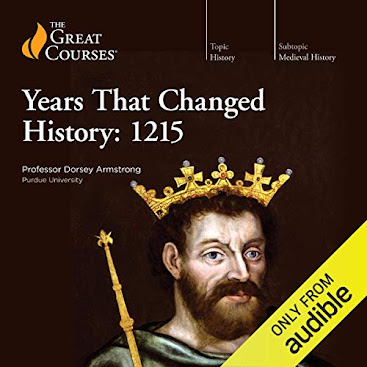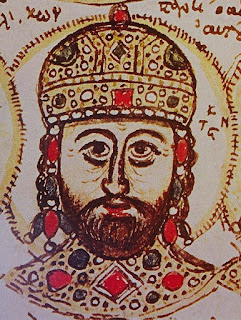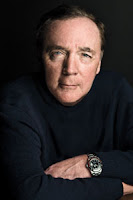YEARS THAT CHANGED HISTORY: 1215 (The Great Courses)(audiobook) by Dorsey Armstrong

Published in 2019 by The Great Courses. Lectures by Dorsey Armstrong. Duration: 12 hours, 29 minutes. Unabridged. The Great Courses offers a lecture series by college professors that the average person can listen to on their own time. In this case, Purdue University history professor Dorsey Armstrong is focusing on the year 1215 as a pivotal year. 1215 is well-known to Americans as the year of the Magna Carta, but it is also the year of the Fourth Lateran Council of the Catholic Church. The rest of the lecture series is about general things that were going on around 1215. These include the crusades, a brief look at the Americas, a look at the Islamic world, Japan, and an extended look at Genghis Khan and the Mongol Empire. This is a lecture series that could have used a bit of editing. If two hours were removed, that would have been good. Three hours would have been great. This was especially true in the section about Genghis Khan. Armstrong admitted that she was excited about this



